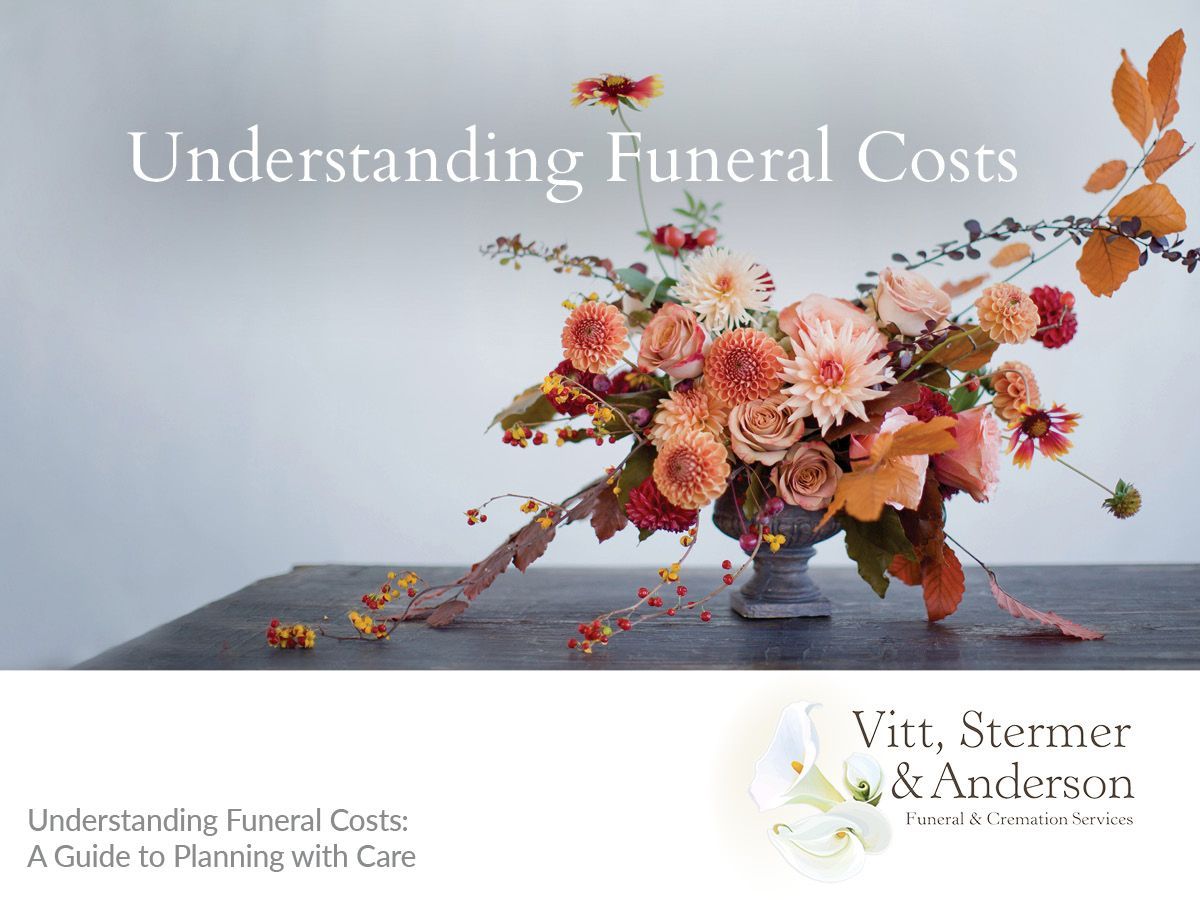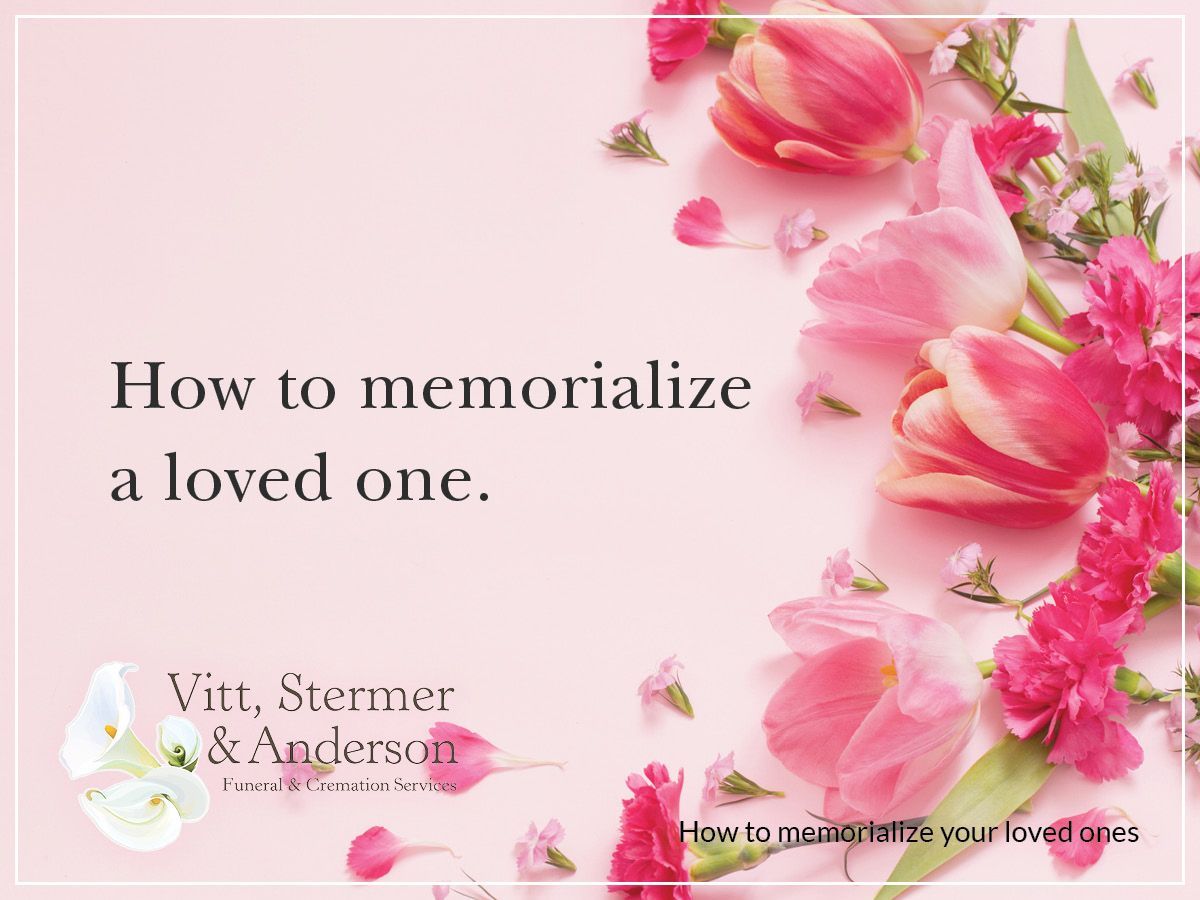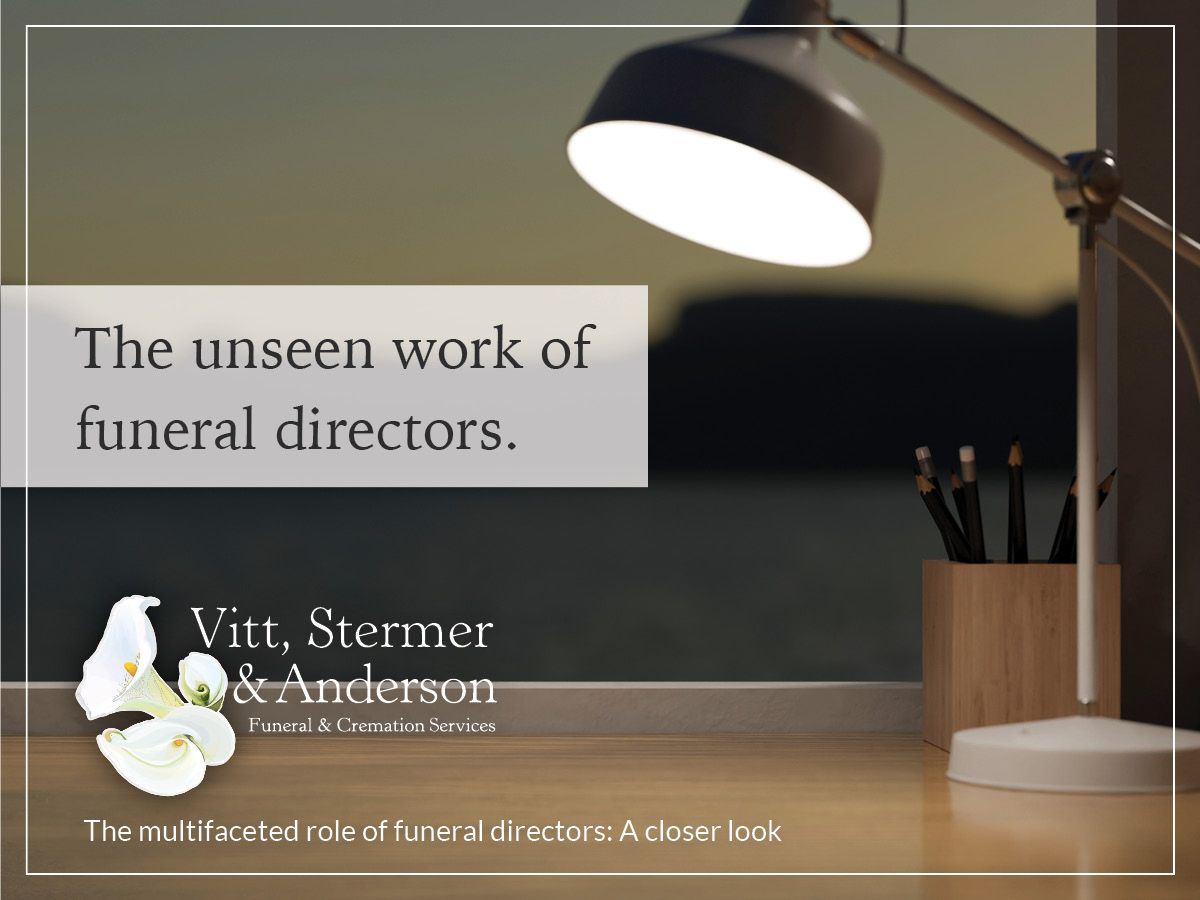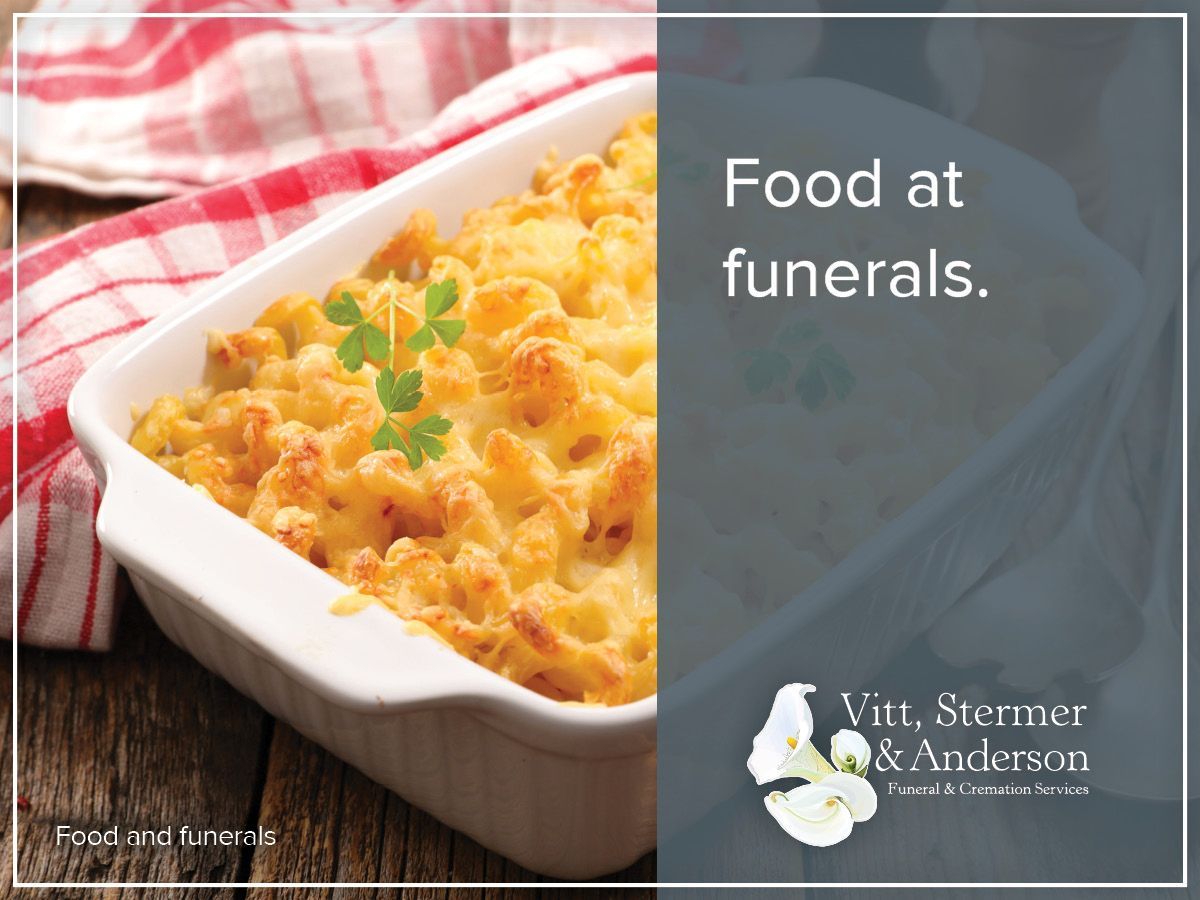How to Have the Talk (About Death) with a Loved One
Talking about death is considered uncomfortable and sometimes even taboo, but death is just a part of life. And when we talk about death, especially the death of a loved one, we’re also talking about celebrating a life. What was that person like? What stories about them will always play through your mind when you think of them? How will they be remembered?
When we sit down and talk with someone we love about our lives and what we want in our deaths, we’re helping them to tell our story later. Even the people who are around us often don’t know every facet of who we are. We need to talk about life and death to ensure that our memories live on long after we’re gone, so that generations of loved ones will always feel our presence. When you start a conversation with your loved one about their life, you’re taking steps to connect with them and truly understand who they are.
Who Should I Talk to About Life and Death?
Having a conversation about understanding someone’s life and wishes in death is essential for anyone whose funeral you may have to plan, like a spouse, parent, or sibling. But there’s no reason why you shouldn’t have this conversation with anyone you hold dear. From friends to extended family, this discussion opens up the doorway to a greater understanding of who they are. And it’s never a bad thing to create closer bonds with the people you love.
When and Where Should I Have the Talk?
It’s important that the person that you’re speaking with feels comfortable, so be sure that you’re at a place where they are relaxed and happy to talk. If they’re focused on something else at the time, you’re not likely to have the kind of conversation that you need to better understand who they are. Look for a time when you can speak uninterrupted, like when you share a meal just the two of you. It can also help to have another activity happening at the time, like a game. That way, there’s something else that can keep the discussion flowing. Since some questions may feel uncomfortable to answer, having something as a mild distraction can break the tension.
How Should I Start the Talk?
One way to facilitate the talk is by relying on something to help trigger memories, like a photo album. Ask your loved one to sit with you as you flip through, and you ask questions prompted by the pictures and the stories that they tell. You can also share some of your own memories together to encourage them to share as well. Or you can dive right into your questions.
What Should I Ask?
The questions that you ask shouldn’t be outright questions about a funeral. Your goal with this conversation is to fill in puzzle pieces so that you can have a full and complete picture of the one you love to remember them by and make sure that others remember them how they want to be remembered. This conversation should be filled with bigger picture questions that trigger memories that paint that picture.
A few questions that can get you started include:
● Who is your greatest inspiration?
● What were holidays like when you were a child?
● What advice did your favorite teacher give you?
● If you could spend your day doing anything, what would you do?
● Who took care of you most when you were a child?
● What is your proudest moment?
● What was your first job like?
● Where would you consider to be your happy place?
● What’s something that has always made you smile?
● What’s something that you’ve had since you were a child that you still have today?
Be patient with your questions, and don’t push them if they don’t want to answer certain queries. Especially if your loved one has lost many of their own loved ones, some questions may lead to upsetting thoughts. If one question is too difficult to answer, move on to another one that’s a bit lighter.
You may want to take notes while you talk, but in order to be fully engaged in the conversation, it might be easier to simply create an audio recording instead. Having that recording to refer to can help you during the funeral planning process as you try to plan an event that celebrates your loved one in the way that they want to be remembered. But you may also find that hearing their voice on the recording gives you comfort when the day comes that they do pass.
When planning a funeral, it’s about more than getting the details right about the big choices, like deciding between burial and cremation. It’s about celebrating someone’s life. And to celebrate that life, you need to understand how that life was lived. When you take the time to talk to your loved one about who they are, you’re coming to understand a story that you’re a part of, but so are so many others. There are so many stories for you to learn. It all starts with having one talk.












